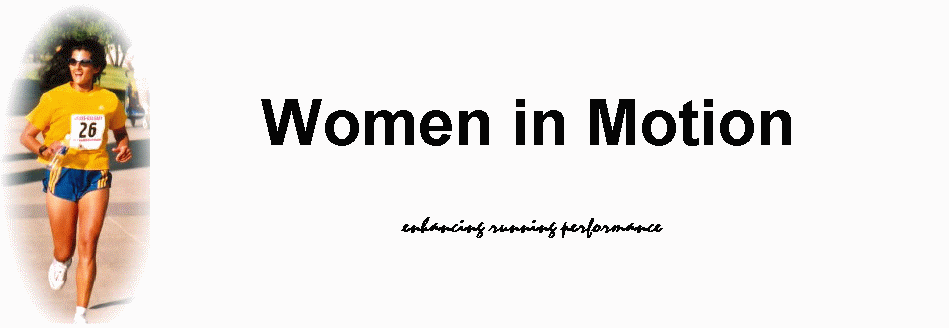| MENU |

It used to be not recommended that anyone who has been running for less than 3 years run a marathon. As running is a long-term game, it takes time for your body to become adjusted physically to the demands, not only of the marathon itself, but also of the heavy training mileage required to build up to it. However, with the introduction of beginner marathon programs, the only stipulation is that you have an established running base. Some marathon training programs work on the run 10 minutes and jog for the next minute. The jogging is at a pace that will allow the stretching of the leg muscles in preparation for the next 10 minutes of running. The goal of most beginning marathoners is simply to be able to finish.If you are beginning with a base load of about 32 km (10 miles) per week, keep the mileage build-up under 10% per week. Ten percent is a big adjustment for your system to make. Muscles, bones and connective tissues must be strengthened to take the increased load and keep In mind that marathon mileage produces a lot of pounding. After 4 weeks the mileage buildup should be approximately 48 km. Continue to build until you reach 56 km per week. Decrease the intensity and even take 2 or 3 days off. This is necessary to allow the body to rest before increasing the distance againHow much mileage for a marathon depends on the individual. Older programs had you running up to 35 - 38 kilometres in a final training run and allowing the excitement of the marathon to pull you through. A serious competitor knows that running 80 km or more each week before the marathon and training runs of marathon length will provide the endurance necessary.Building the MileageIf you are doing 5 km a day, you must build the long run. In a marathon training schedule, the long run is the top priority. Make one day, usually Sat. or Sun., a 8-10 km run to get your 10% increase. Take the next day off from running. Rest is important after the long run to allow your total body to adjust. The next week increase the one long run again while keeping the daily runs the same.As a rule of thumb, your long run can be 3 times the distance of your daily average run. So while still doing 5 km, you can build up that Sat. morning run to 15 km. Don't do 20 km until you have made your daily run 7-8 km. This means holding the long run at 15 km and increasing the daily runs to 7 km a day. Toward the end of the build-up you should be running 10-12 km each weekday and 30-36 km on the weekend.TaperingAs you get close to the date of the marathon, run your last long run no later than one week before. For the last week you are smart if you taper down to half the mileage you have been doing. Don't run the day before and two days before the race do 5 km just to get the legs loosened up. Be well rested for the big race itself and don't count on sleeping well the night before.Now assuming you do everything right there is still no guarantee that the marathon is going to go well. Anything can happen to make things difficult: weather conditions, starting off at a too fast pace, not drinking enough water before or along the way. You could train only to come down with an illness or injury a few weeks or days before the race.Remember all the rules can be broken. You may get away with lower training, higher build-up rates or shorter long-runs. You might even get away with it more than once, but sooner or later it will catch up to you. Be conservative plan and be safe. You're looking for a positive experience that you will remember.
Estimating Your Marathon Finishing Time10Km ---Range hr:min:sec Marathon27:00 -------2:05:00 to 2:08:3028:00 -------2:10:00 to 2:14:0029:00 -------2:15:00 to 2:19:3030:00 -------2:20:00 to 2:25:0031:00 -------2:25:00 to 2:30:3032:00 -------2:30:00 to 2:36:0033:00 -------2:35:00 to 2:43:0034:00 -------2:40:00 to 2:49:0035:00 -------2:45:00 to 2:55:0036:00 -------2:50:00 to 3:00:0037:00 -------2:55:00 to 3:07:0038:00 -------3:00:00 to 3:15:0039:00 -------3:05:00 to 3:20:0040:00 -------3:10:00 to 3:25:0042:30 -------3:22:00 to 3:42:3045:00 -------3:35:00 to 4:00:0047:30 -------3:47:30 to 4:20:0050:00 -------4:00:00 to 4:40:00Women in Motion -Fariyal Samson
|

